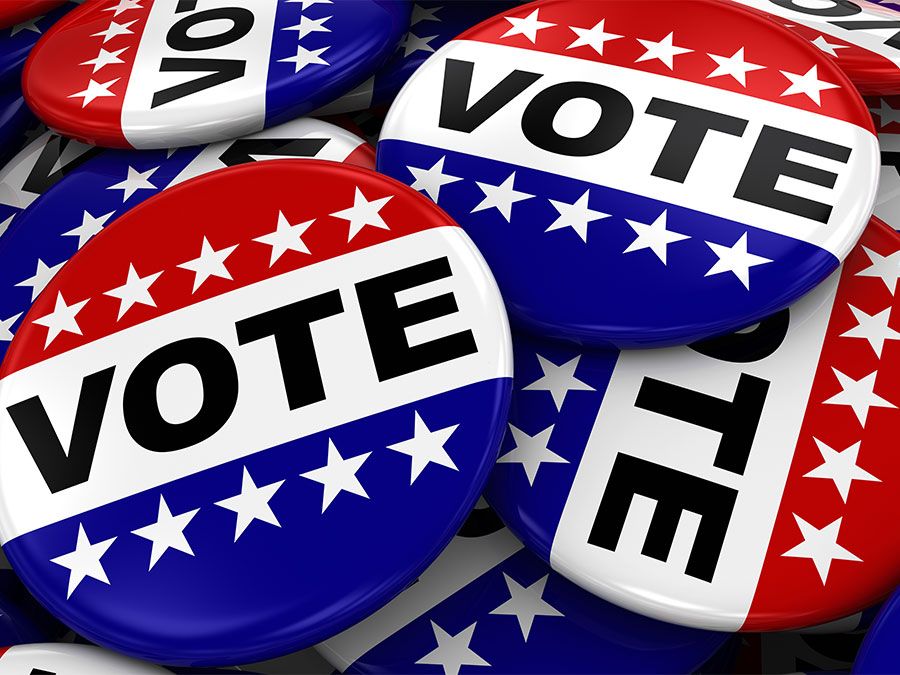When the American Medical Association (AMA) adopted a policy affirming voting as a social determinant of health, that action helped propel health providers and organizations to explore ways to engage patients on the importance of voting.
The REACH Foundation connected with Vot+ER, a national civic engagement program that works with hospitals and community health centers to expand nonpartisan voter engagement. Vot+ER connects health care institutions and providers with tools, training and community resources to register colleagues and patients to vote, bringing providers and patients together to promote civic engagement and build healthier communities across the United States. 
Community health organizations apply to participate in the community civic health program. Vot+ER provides up to $5,000 to selected health centers to cover staff training and technology costs. REACH opted to partner with Vot+ER, inviting Federally Qualified Health Centers in the foundation’s service area to apply and offering to match the Vot+ER awards. The Community Health Center of Southeast Kansas (CHC/SEK) and Samuel U. Rodgers Health Center applied and were accepted. REACH awarded a $5,000 grant to Vot+ER and $4,500 matching grants to the CHC/SEK and Rodgers Health.
Leah Gagnon, CHC/SEK’s Director of Patient Engagement said Vot+ER’s mission aligned with the multi-county health center’s commitment to improving lives and strengthening communities. Gagnon said the AMA’s policy position generated momentum within the health center to educate patients about voting and its connection to better health.
 This summer, CHC/SEK disseminated information about voter registration status and deadlines. Through text and portal messaging, the team reached more than 65,000 English- and Spanish-speaking Kansans, encouraging all to make a plan to vote.
This summer, CHC/SEK disseminated information about voter registration status and deadlines. Through text and portal messaging, the team reached more than 65,000 English- and Spanish-speaking Kansans, encouraging all to make a plan to vote.
“We know from research that healthy communities have higher voter turnout,” Gagnon said. “We provide information that helps people understand they can personally impact their health when they vote – and that voting helps get the message to elected officials what is needed for their communities.”
Vot+ER provides posters, handouts and talking points about voting as well as conversation starters providers can use without disrupting patient care. In early August, CHC/SEK pulled together 40 community health workers to train them on how to have the conversations about voting with patients and at community events. Gagnon said the health system is already partnering with Kansas Appleseed, Thrive Allen County and other non-politically affiliated groups to extend their efforts.
Per the IRS, “501(c)(3) organizations may conduct voter engagement”, and the Health Resources and Services Administration has affirmed that community health centers can run “non-partisan voter registration efforts as a means of reducing barriers to civic engagement within the communities they serve.”
“Our central message is ‘Your vote is your health, and your voice matters,’” said Gagnon. “We’re not involved in telling people how to vote, but guiding them on how voting shapes their communities and can improve their lives.”



